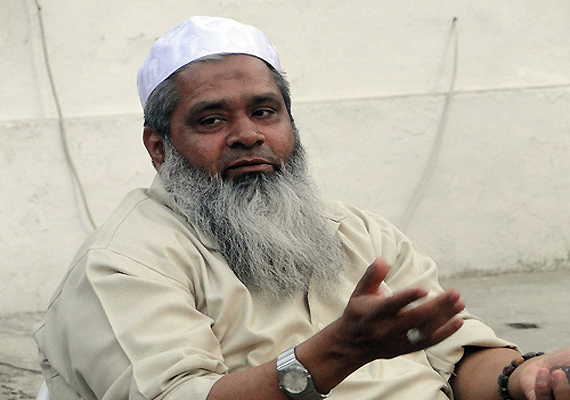
Guwahati/New Delhi, August 18: Indigenous Assamese Muslim groups joined the All Assam Students Union (AASU) on Friday in charging the All India United Democratic Front (AIUDF) chief Badruddin Ajmal with fanning communal sentiments in the wake of the recent violence in Assam.
Sadou Asom Gariya – Moria Desi Jatiya Parisad (SAGMJP), an influential body of about 25 lakh Assamese Muslims, held Ajmal responsible for Northeast students and workers leaving Maharastra, Karnataka, Andhra Pradesh and Kerala.
SAGMJP president Sahiruddin Ali Ahmed said, “Ajmal said the clash in Kokrajhar and Chirang was between Muslims and Bodo tribals. All Muslims are not involved in the clash. Ajmal is trying to consolidate his political position by indulging in communal politics.”
SAGMJP and AASU also blamed the Gogoi government for not taking stern action against “a section of Muslim politicians” whose inflammatory comments triggered Kokrajhar clash.
“Ajmal has been neglecting Assamese Muslims rights from the day of creation of the AIUDF. His political outfit is only concerned about the interests of Muslims of Bangladeshi origin,” said Ahmed.
Guwahati-based lawyer Nekibur Zaman said, “By talking about Bodos versus Muslims, we are communalising the issue and playing into the hands of fundamentalist forces.”
Indigenous Assamese Muslims are considered to be quite distinct from the immigrant Muslims of Bangladeshi origin.
Underscoring the differences with the immigrants, Zaman said: “Because the indigenous Assamese Muslims never thought of a separate political space ... Bengali-speaking Bangladeshi Muslims cornered all benefits meant for religious minorities”.





Comments
Add new comment